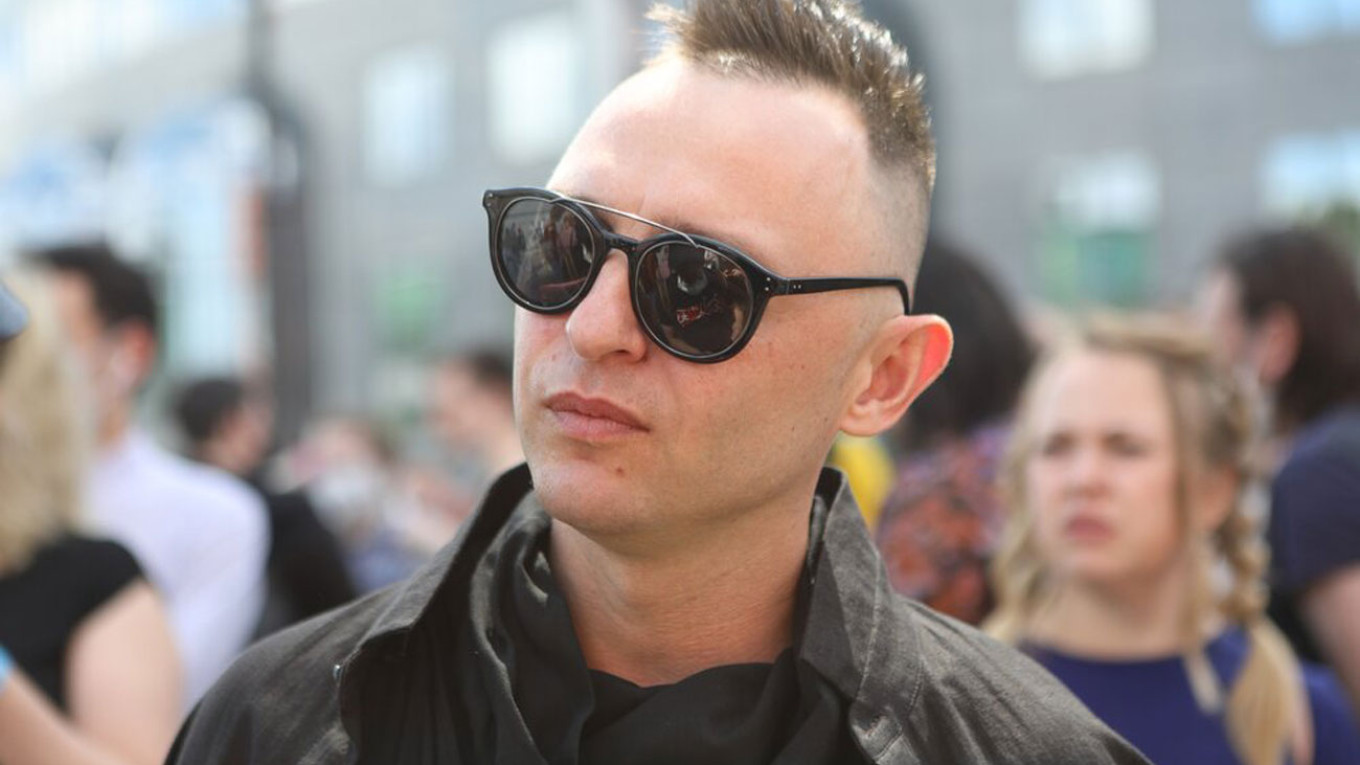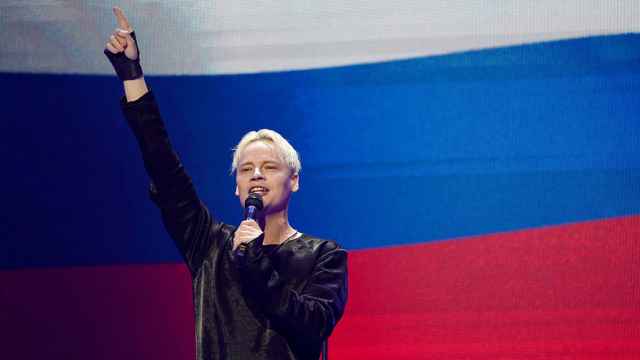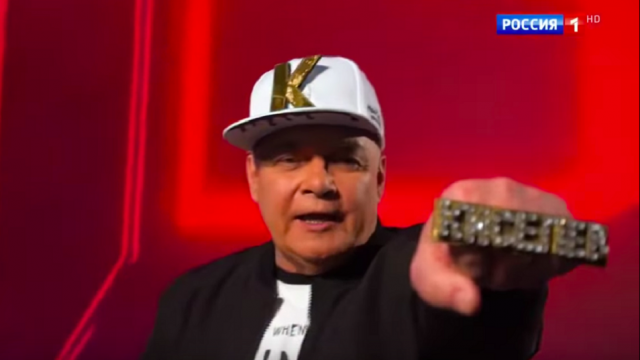Allies of jailed Kremlin critic Alexei Navalny have urged the EU to impose sanctions on a Russian rock star who stirred controversy for visiting Russian troops in occupied Ukraine.
Roman Bilyk, who performs under the stage name Roma Zver with the hit group Zveri, was filmed playing for Russian troops in eastern Ukraine’s Donetsk region earlier in August.
Around the same time, online users noted the disappearance of social media posts by Bilyk his band where they had previously called for an end to the war in Ukraine.
Navalny’s associate Maria Pevchikh said she had petitioned the relevant EU authorities to include Bilyk on its list of sanctions as the owner of EU property.
Spanish registration documents shared by Pevchikh showed Roman Bilyk as the buyer of a small villa in the Spanish island resort of Tenerife in April 2019.
Investigators from Navalny’s YouTube channel estimate that similar villas in the same neighborhood cost around 500,000 euros ($540,000).
“The potential loss of the right to visit Europe and live there is the smallest consequence for Roma Zver’s [Bilyk’s] decision to support Putin in the second year of the war,” Pevchikh said.
Navalny’s team said it was also adding Bilyk to its own list of nearly 7,400 Russian figures who they say should come under sanctions for enabling the invasion of Ukraine.
Anti-war figures were quick to condemn Bilyk for reversing his once-anti-war position, with many suggesting that he and Zveri were forced to compromise in order to continue their musical careers.
The band's shows in Russia, including a high-profile gig at the St. Petersburg International Economic Forum in June, had been repeatedly canceled.
A number of prominent Russian cultural figures who publically oppose Moscow's invasion of Ukraine have faced backlash, including show cancellations.
A Message from The Moscow Times:
Dear readers,
We are facing unprecedented challenges. Russia's Prosecutor General's Office has designated The Moscow Times as an "undesirable" organization, criminalizing our work and putting our staff at risk of prosecution. This follows our earlier unjust labeling as a "foreign agent."
These actions are direct attempts to silence independent journalism in Russia. The authorities claim our work "discredits the decisions of the Russian leadership." We see things differently: we strive to provide accurate, unbiased reporting on Russia.
We, the journalists of The Moscow Times, refuse to be silenced. But to continue our work, we need your help.
Your support, no matter how small, makes a world of difference. If you can, please support us monthly starting from just $2. It's quick to set up, and every contribution makes a significant impact.
By supporting The Moscow Times, you're defending open, independent journalism in the face of repression. Thank you for standing with us.
Remind me later.






